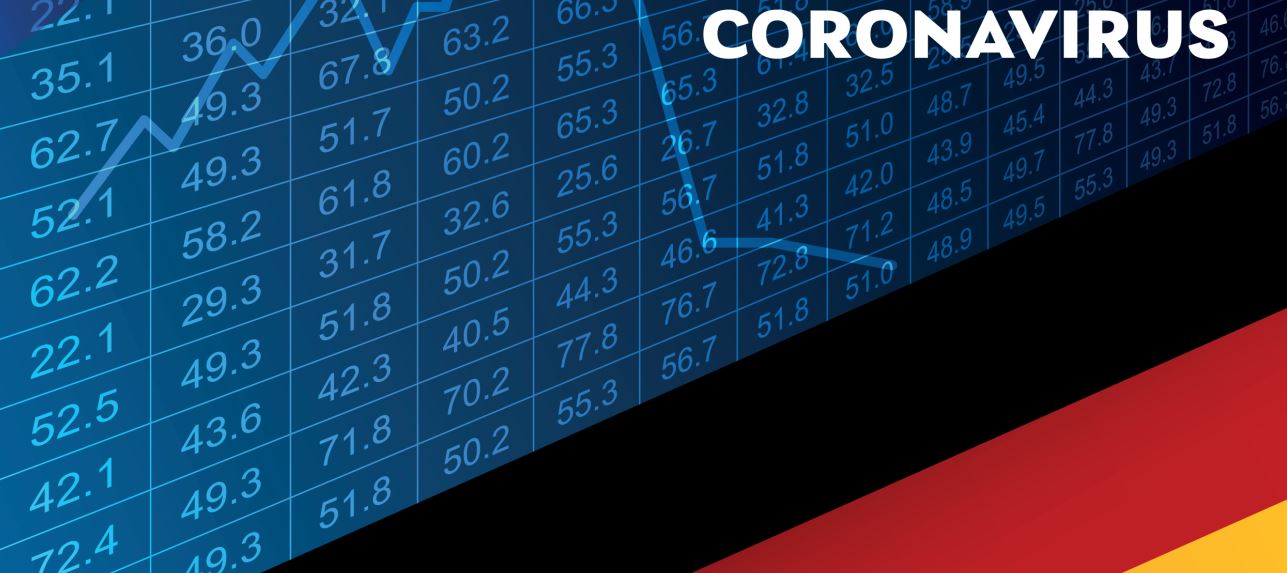German Economic Policy during the Corona-crisis. How Germany Intends to Support its Economy
Compared with other European countries, Germany’s management of the COVID-19 crisis has been efficient. Its health system has successfully coped with the challenge of the fight against the pandemic, the impact on employees has been mitigated thanks to allowances dedicated to furlough leave, business aids were important and quickly available, the government has been responsive.

The national recovery plan is characterized by the financial resources mobilized, reaching 1,200 billion euros, and by its pragmatism. Germany is in fact abandoning its "black zero" policy, i.e. a balanced budget without debt, implemented since the last financial crisis. Certain aspects of the initial management of the coronavirus crisis, such as the ban on export of medical equipment to EU member states, or the closure of borders to neighboring countries, somehow blur the global picture. Anyway, the German government decided to financially support the European Union (EU) in the fight against the crisis. The economic recovery plan, amounting to 750 billion euros, offers a unique opportunity to improve the competitiveness of the European economy. Based on a Franco-German initiative, this recovery plan is also an important step forward for the European project.
Sandra Parthie has been the head of the Brussels Office of the German Economic Institute (Institut der deutschen Wirtschaft – IW).
This publication is available the following languages:
- FRENCH: La politique économique allemande face à la crise du COVID-19. Comment l’Allemagne soutient son économie.
- GERMAN: Deutsche Wirtschaftspolitik in der Corona-Krise: Wie Deutschland seine Wirtschaft zu schützen versucht.
Related centers and programs
Discover our other research centers and programsFind out more
Discover all our analysesFrance, the U.S. Oldest and Most Complicated Ally: A Stubborn Defender of a Truly European Industrial and Defence Policy
France, the U.S.’ oldest ally, is also the EU country which most stubbornly defends genuinely European industrial and defence policies. It calls for ‘strategic autonomy’ in all political domains, a position increasingly difficult to hold against a hardening international climate.
The Franco-German Brigade and the Revival of European Defense
One thing has been clear since Donald Trump's return to the White House: the very existence of the European unification project is threatened. Unless it develops a sovereign defense policy to counter the war in Ukraine and the weakening of American security guarantees, the European Union will continue to see its internal cohesion and external attractiveness wane.
Friedrich Merz and the Zeitenwende 2.0. A “New Era” for Transatlantic Relations?
On February 23, 2025, almost 60 million voters were called upon to elect a new Bundestag. These elections will also give rise to a new government in Europe's largest economy.
After the Elections: Germany in Search of Shaken Stability?
With a voter turnout of 82.5%, Germany recorded its highest participation since 1987—an increase of 6.1 percentage points compared to 2021. As in the previous election, the high turnout particularly benefited the Alternative for Germany (AfD), which was able to mobilize many former non-voters. Many voters sought to punish the outgoing government with their ballots, as its approval rating had dropped to just 14% before the coalition broke apart in November 2024. Germany is now very likely heading toward a grand coalition between the CDU/CSU and the SPD, with exploratory talks having begun on February 28.









